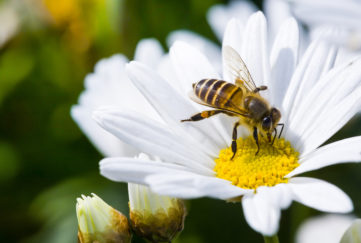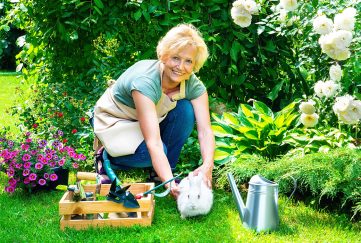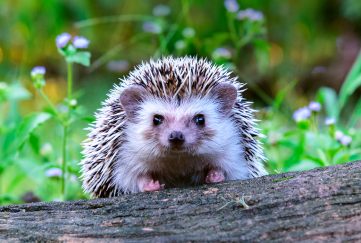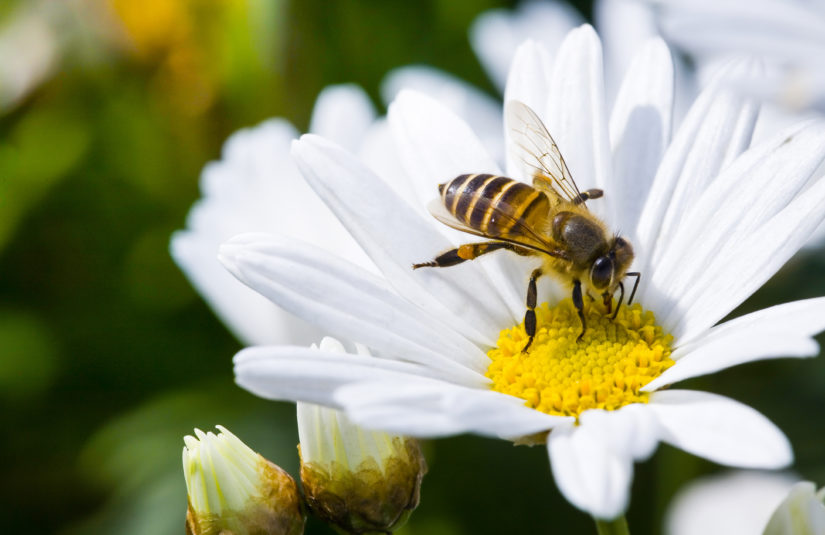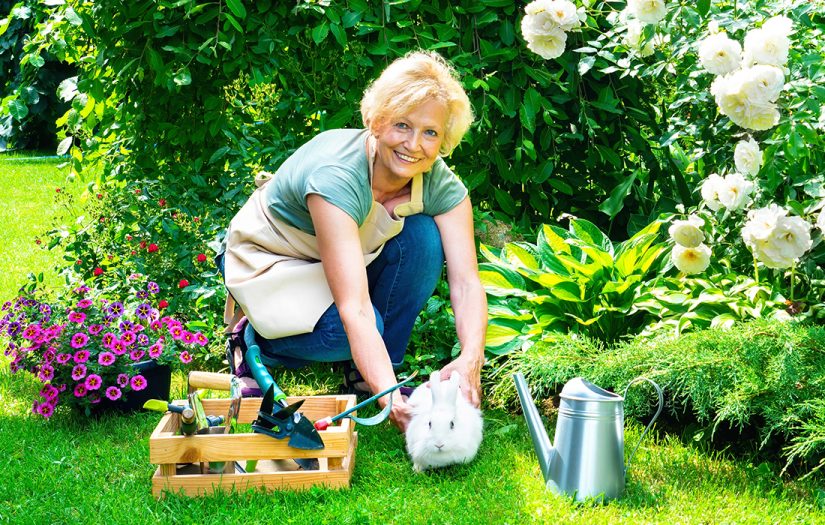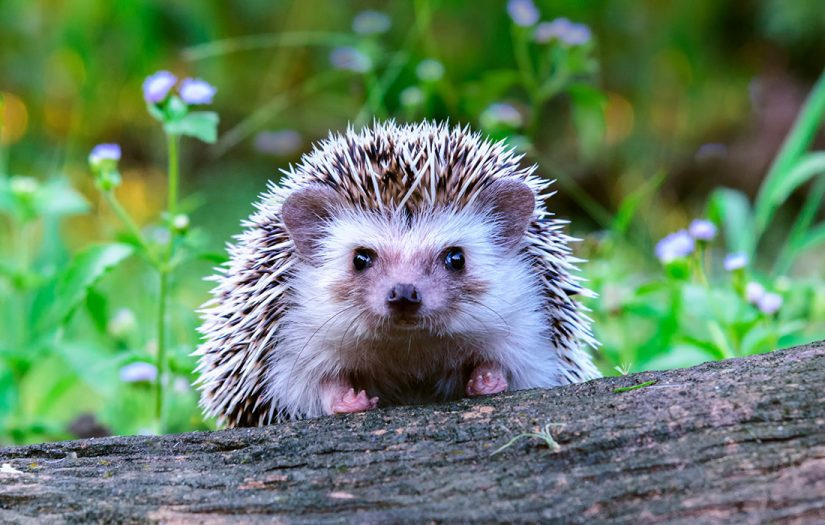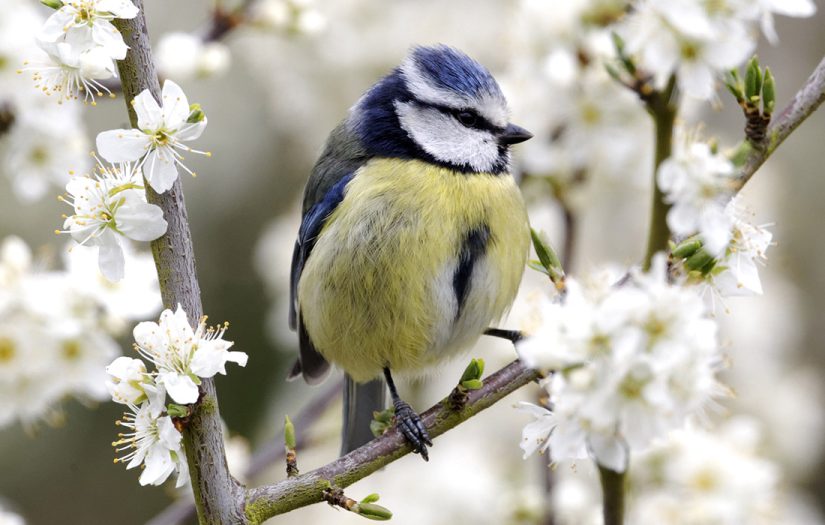How Clean Gardens Are The Route To Wild Bird Health
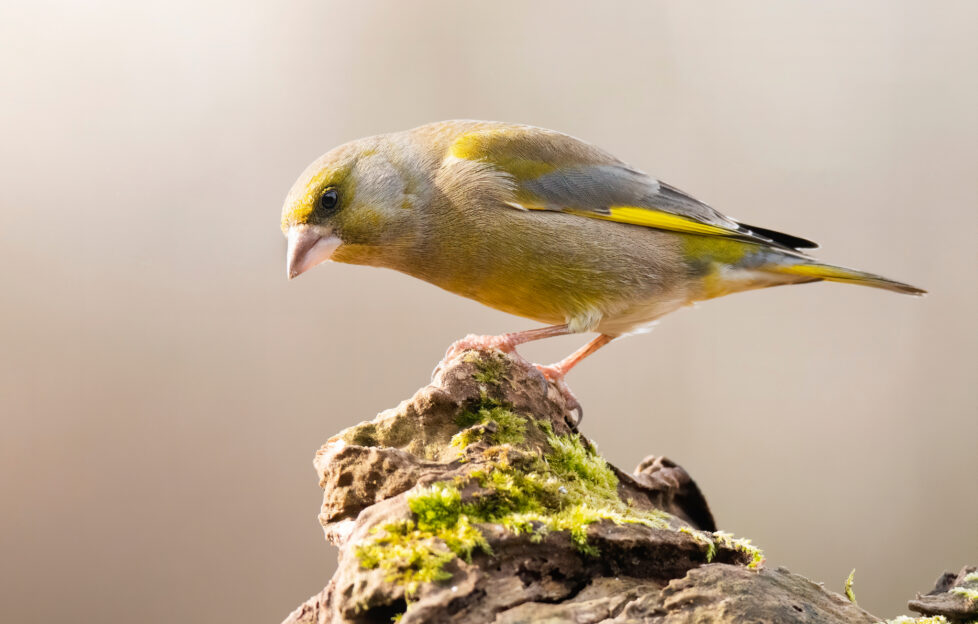
In Notes From My Garden in this week’s issue, Alexandra Campbell gives her tips on feeding wildlife over winter and how clean gardens are important for bird health. It’s important to support the birds that visit our garden when food and water are hard to come by in cold weather, but we also need to take care of their health at the same time. Like us, birds can pass disease easily between each other, especially in places where they congregate, such as at feeders and bird baths. According to naturalist and Finches Friend ambassador, Martin Hughes-Games, 8.3% of all garden birds visiting feeders are infected with disease. Yet it is possible to protect birds from the cross contamination. Keeping bird feeders and tables clean is key to this.
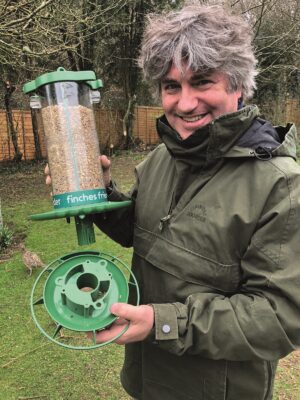
Martin explains below which diseases are of most concern and shares his top tips for protecting your garden visitors.
What are the problems?
Right now, there are three main diseases affecting our garden birds that are of serious concern.
Trichomonosis
A parasitic disease that is passed from bird to bird via saliva. This happens wherever birds feed intensively, including hanging feeders or bird tables. Whilst many species can become infected, finches are the most affected. Shockingly, the British greenfinch population is now endangered and may face extinction after falling by a huge 66% since 2006 due to this disease. Other common garden birds are also susceptible to trichomonosis. Right now, chaffinches are also experiencing the same dramatic decline as the greenfinches.
Avian flu
Generally passed on by birds migrating into the UK, through direct contact or contaminated saliva and droppings. This viral infection occurs naturally among wild aquatic birds, like ducks, geese, and swans, worldwide. It can however also infect domestic poultry and other bird and animal species, making good hygiene when feeding garden birds, a priority. Once again, feeding stations are a potential hotspot for transmission.
Salmonella
A bacterial infection transmitted through rotting food and droppings of infected birds that contaminate food and water. This can cause salmonellosis in garden birds, especially in seed-eating birds such as greenfinches and house sparrows.
How to create a safer garden
To avoid the spread of disease, supporting birds responsibly means making the right choices and following the right steps. Using the right bird feeder and adopting a regular and effective cleaning routine is critical.
Food and Feet
- Keep Food Dry
Only use feeders that prevent the seed from getting wet. Bird seed that is exposed to rain and becomes wet is a more suitable environment for disease transmission. The food MUST remain dry and free of mould whilst in the feeder. - Free from FEET
Birds don’t wash their feet! If a bird can stand in a feeder or water source, then it will spread disease. - Choose Wisely
Ensure your feeder doesn’t allow birds to stand in the food and choose a feeder that is quick and easy to clean. If it is difficult to do so, then you most likely won’t clean it frequently enough. Ensure it is made from a non-porous material and has a smooth surface. - Cover Up
It should not be possible for birds to access the food with anything except their beak! Don’t allow them to walk in their food. Dirty FEET can spread droppings and therefore disease. - Ditch The Table
Do not use table feeders. Sick birds sitting directly on bird seed are more likely to contaminate it. Stick with a perch feeder wherever possible. - Water
Many of the same rules apply. Provide clean drinking water every day and wash it properly weekly. Dirty water can stand stagnant for weeks or months making disease transmission an inevitable consequence. If you use a bird bath, avoid clay, cement, or corroded iron as they are not ideal and can contaminate the water. As above, foot contamination is common, so as with feeders, clean and re-fill weekly.
Garden Hygiene
It’s also good practice to clean the areas surrounding and below your feeders and tables. Be sure to remove any wet, soiled, or spoiled food and droppings from these spaces.
Where possible place your feeder in an elevated position to avoid contamination.
Also, avoid feeding on the ground as this quickly becomes stale and encourages unwanted guests.
Cleaning Your Feeder
- Wear gloves
- Remove or empty old food
- Take it apart before scrubbing with hot soapy water and a brush
- Rinse thoroughly with cold water to leave no trace and dry
- Treat with a non-toxic disinfectant or weak bleach solution
- Rinse again and dry before re-filling
Cleaning Your Bird Table
- Wear gloves
- Use warm, soapy water to clean the top of the table ensuring that all food and droppings are removed
- Rinse thoroughly with cold water and let it dry
- Spray with non-toxic disinfectant or weak bleach solution.
- Rinse again and let it dry before re-filling
Other Steps To Keep Birds Healthy
In addition to the above, if possible, it helps to provide several feeding stations to reduce the number of birds in any one spot. It’s also a good idea to rotate the position of feeders to minimise droppings and food waste in areas underneath them. Doing this should help to create a safer garden for our feathered friends.
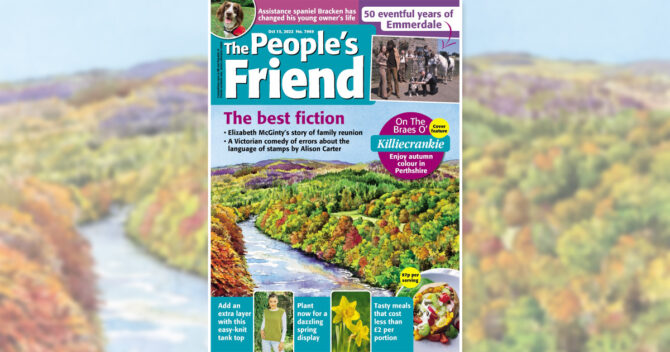
Copyright of DC Thomson.
You can more of these gardening tips in the brand new issue of the “Friend”. This is available to buy online, in most major supermarkets and newsagents, or subscribe to get every issue delivered straight to your door.
Read more gardening tips from the “Friend”.


